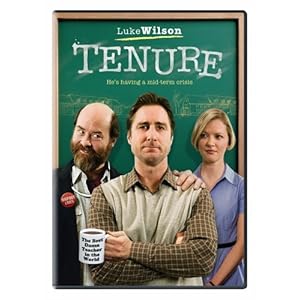In the Dock, in Paris « EJIL: Talk! « Libel Tourism and Academic Freedom
If I lose, I will stand convicted of a crime, branded a criminal. The complainant will not enjoy a windfall as in London, but considerable moral satisfaction. The chilling effect on book reviewing well beyond France will be considerable.
In preparing a defense we faced a delicate challenge. The case was otiose for two reasons: It was in our view an egregious instance of ‘forum shopping,’ legalese for libel tourism. We wanted it thrown out. But if successful, the Court would never get to the merits – and it was important to challenge this hugely dangerous attack on academic freedom and liberty of expression. Reversing custom, we specifically asked the Court not to examine our jurisdictional challenge as a preliminary matter but to join it to the case on the merits so that it would have the possibility to pronounce on both issues.
Prof. Joseph Weiler discusses his experiences of being on trial for criminal defamation in France.


